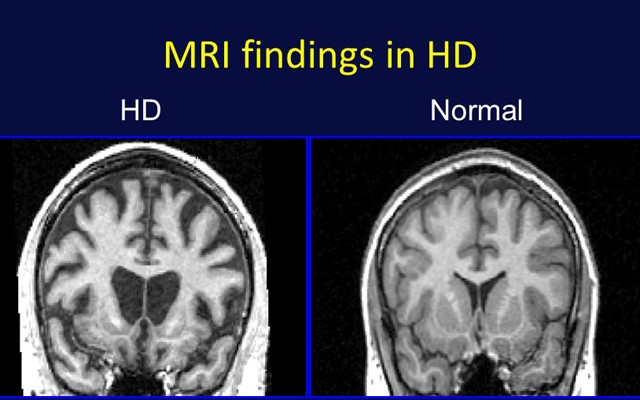Huntington’s disease (HD) or Huntington’s chorea is a progressive autosomal dominant incurable neurodegenerative disorder, with onset at around 40-50 years of age and eventually leading to death of affected individuals. Diagnosis is based upon clinical symptoms, such as involuntary repetitive jerking movements, progressive memory loss and psychiatric disorders. The disease is caused by an abnormal expansion of the number of CAG sequence in the HD (or IT15) gene. Genetic testing is applied in patients for confirmation of diagnosis or in adults with a family history of the disease as a pre-symptomatic (predictive) test. Testing may also be performed in prenatal diagnosis of high-risk cases.
Huntington’s disease

NOTE: Our laboratory participates with great success in the external quality assessment scheme organized by the European Molecular Genetics Quality Network (EMQN), which is periodically applied for Huntington’s Disease.
We apply a specially designed multiplex polymerase chain reaction (PCR), in order to detect the precise number of CAG triplet repeats in the HD gene. Genetic counseling must precede application of the test. For all prenatal molecular genetic testing, we perform analysis of polymorphic STR markers from a maternal blood sample and the fetal sample, in order to exclude any possible maternal cell contamination. Thus, for prenatal diagnosis, 1-2ml of a maternal blood sample should always accompany the fetal sample (amniotic fluid or CVS).